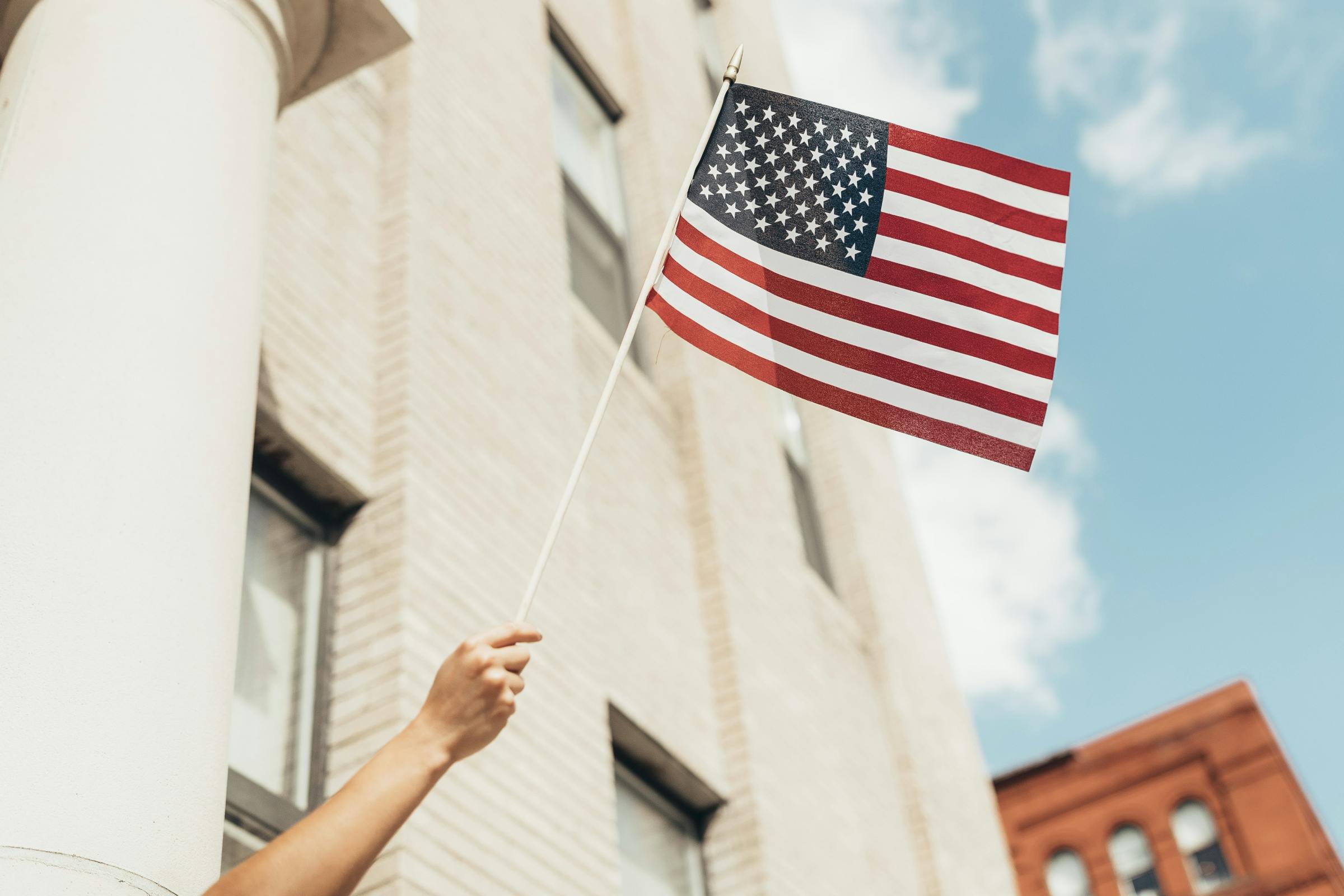Understanding the National Interest Waiver
Many skilled foreign individuals have an opportunity to enter the United States under a work visa, either an H1-B or an EB-2. Both of these documents offer the beneficiary the right to live and gain employment while in the country — provided they have an employer willing to sponsor them.
Becoming a qualified sponsor means jumping through many expensive hoops, and this part of the work visa path often takes the longest. To meet USCIS requirements, employers go through extensive steps, including advertising the position on job forums to attempt to find an American national capable of and willing to do the job.
If your skills and experience propel you to the top of your industry, though, you may be able to skip this part of the work visa requirement. When you believe your work is of national interest, instead of waiting for a sponsor’s approval, you can self-petition for a National Interest Waiver.
Who Qualifies for a National Interest Waiver
Those on the green card path often find themselves waiting for years before one opens up in their specific category. However, if you show that you have something of value that makes it in the government’s best interest to fast-track your documentation, you don’t have to wait. Qualifying applicants clearly demonstrate the following three criteria:
● Their proposed endeavor includes national importance and substantial merit.
● They themselves are in a strong position to advance said endeavor.
● Waiving the job offer and rigid labor certification requirements would be balanced out with what the individual offers.
There are no particular limits as to the professions this includes. Typically, the NIW falls under the category of second employment-based EB-2 visas, which covers those with advanced degrees or exceptional ability in the arts, science, and business. Since 2022, it also encompasses foreign nationals with backgrounds in STEM fields who pursue particular endeavors that benefit the US, such as opening new businesses as an entrepreneur.
The Three-Prong Overview
Still, qualifying jobs aren’t defined by the government’s statutes, so anyone who can prove their worth through the three-prong method can self-petition for an NIW by filing Form I-140 with the USCIS. As of 2016’s Matter of Dhanasar, petitioners don’t need to show that it would be against national interest to go through the PERM process, opening NIWs up to a wider field.
Now, one simply has to make it through the three tests the government uses to determine whether eliminating the job offer and labor certification requirements would be in the best interest of the US. Let’s look at those three tests in detail here.
Prong 1: Substantial Merit and National Importance
Does your proposed endeavor include enough evidence to demonstrate that it has “substantial” merit and is important to the nation?
“Endeavor” refers to anything involved in the occupation, as well as the work you plan on doing within that job title. What are your projects and the goals of such? What do you intend to do once you enter the US? Which areas of your field will that be under?
Merit can be established with or without a quantifiable number showing economic impact. For example, researchers can further the field of science, society, or healthcare, but their scholarly endeavors may not bring them or the United States an income directly. If there is a prospective impact that could be of national importance, such as an advancement in the field that positions the US ahead of other countries, it would qualify.
The more detailed your explanation is, the better your chances of establishing national importance. Many petitioners hire an experienced immigration lawyer like Visa2US to help ensure their case is watertight.
Prong 2: The Petitioner is in a Position to Advance the Endeavor
It’s well and good to have a strong idea of how to advance an area of your field. But if you’re not in the position to do the job, USCIS may decline your petition.
To determine this part of the prong, government officials will review factors such as:
● Your education, knowledge, skills, and success records of anything related or similar to your proposed endeavor;
● The model or plan you’ve included that shows your future action steps;
● Progress you’ve already made toward achieving said endeavor;
● Interest from others that you’ve already made, including possible investors, customers, users, and other entities;
● Degrees, certificates, and licenses in the appropriate field;
● Specific copyrights, patents, or trademarks established by you;
● Letters from other successful individuals in your field that describe your achievements through specific examples;
● Publications made by you or about your achievements and work;
● Documentation of evidence that others have cited your work positively;
● Proof of your work’s influence within your field;
● A detailed plan of your proposed work once you enter the US;
● A business plan;
Any other documentation that supports your endeavor and your place within your field can help create a strong case.
Prong 3: Providing a National Interest Waiver Balances the Job Offer and Labor Certification Requirements
Finally, you must clearly show that by providing you with an NIW, the government’s decision to waive the job offer and labor certification requirements is balanced out. Doing so means showing why waiting for a labor certification application is impractical, which can be done by demonstrating urgency or time limitations.
You can also show how the US benefits from your contributions, regardless of whether other US workers are qualified to do the same job. For instance, as a researcher, others in the US have the same education and similar experience, but you hold the idea or patent.
Showing that your contributions are urgent and can help the US get ahead in a competitive field (i.e., STEM, business, or athleticism) can also propel you forward in your quest for a National Interest Waiver.
Talk to your immigration attorney to ensure you’ve covered sufficient urgency and benefit while you establish your case. The only exception to this is that of physicians, who may obtain an NIW if they agree to practice their work for at least five years in medically underserved areas or for the federal government’s Veterans Administration.
What’s Next?
Should you believe that, after reading the three prongs that determine approval for National Interest Waivers, you have a case that could qualify, you’ll need the help of experienced legal attorneys like those of us at Visa2US. Contact our representatives today to see how we can guide you as you create a case that clearly shows your importance to the US government!














